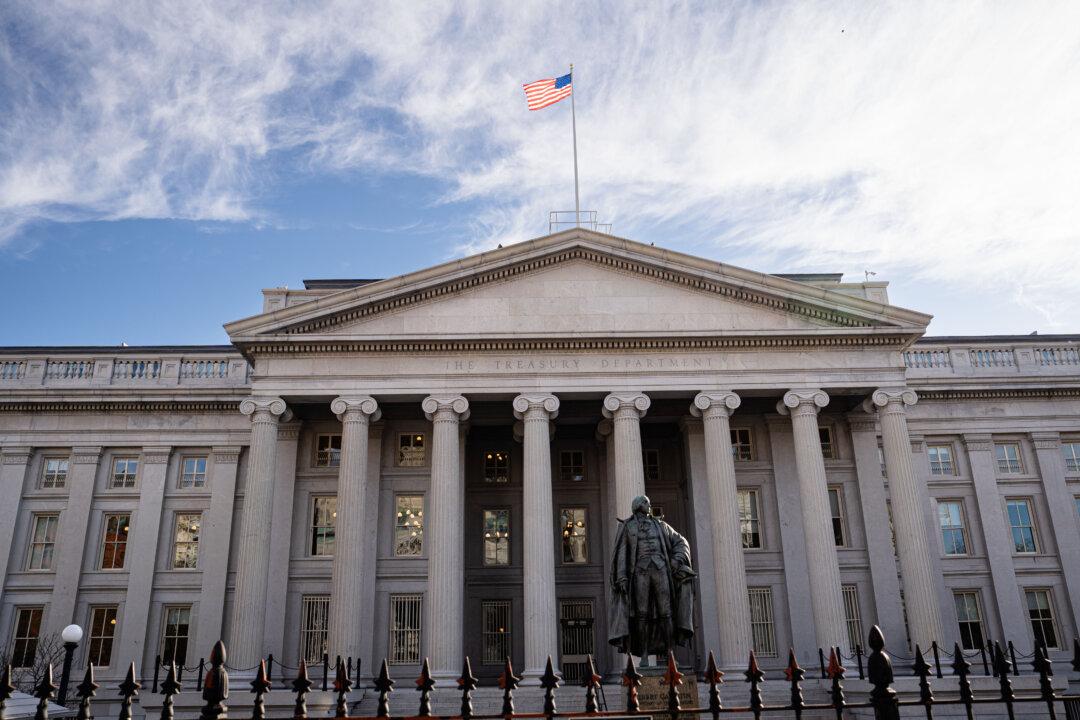A federal judge on Friday upheld a previous restraining order banning the Department of Government Efficiency (DOGE) from accessing sensitive financial records kept by the Treasury Department.
U.S. District Judge Jeannette Vargas granted a preliminary injunction sought by 19 state attorneys general to block the Treasury Department from allowing DOGE access to its payment systems while the case is ongoing.





